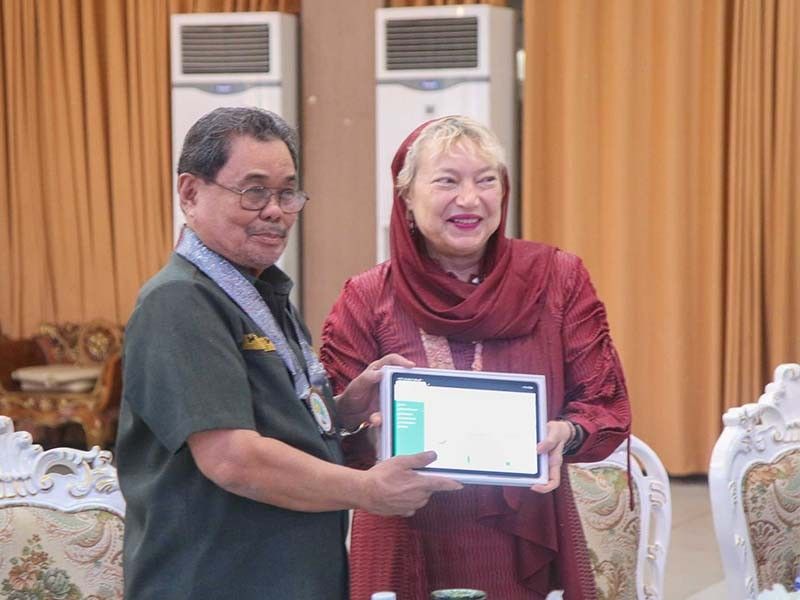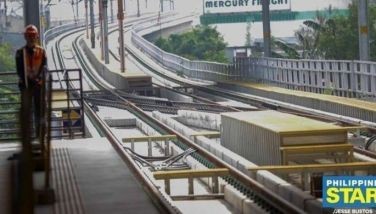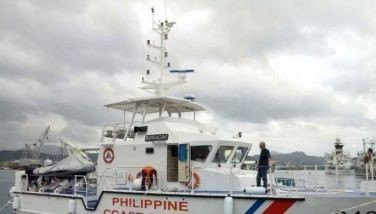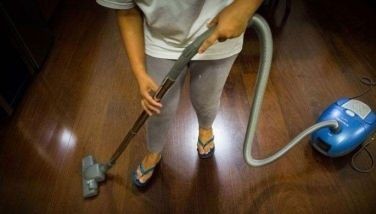BARMM hopes learners' database will help chart way out of education crisis

COTABATO CITY, Philippines — A years-old need for data to propel the region’s slow climb toward improving education has prompted officials and transparency advocates in the Bangsamoro Autonomous Region of Muslim Mindanao to create a “first of its kind” education database.
Launched on Tuesday, the Bangsamoro Education Management Information System (BEMIS) is what BARMM officials and experts have described as the “window” that will provide the public with numbers needed to “arrive at a single truth on all Bangsamoro learners.”
“Through the BEMIS, we will be able to see learners who were able to continue their studies and those who could not. This will also show us which policies and programs have yet to be accessed by those who need them the most,” Education Support Division Officer-in-Charge Abdul Raffi Abas told Philstar.com in Filipino.
The BEMIS will also help speed up Bangsamoro officials’ efforts to address the backslide on education caused by the pandemic by “accounting for the progress of every learner through every level” in school by showing data from kindergarten to college, Abas said.
Abas, who led the technical working group creating BEMIS, also said that comprehensive data on Bangsamoro’s diverse learners will allow them to proceed more quickly with inclusive programs for orphans, IPs and learners with disabilities orphans.
According to the Ministry on Basic, Higher and Technical Education, which is responsible for all education levels in the Bangsamoro, the BEMIS hosts data that will “support planning, budgeting and policy analysis” and “promote transparency and accountability” in the Bangsamoro education system.
The BEMIS records information on all learners in the basic, higher, technical-vocational and madrasah education in the Bangsamoro region, which can also be disaggregated by grade level, sex, division, geography, among others.
BEMIS also contains data on available scholarship slots in higher education and the latest number of beneficiaries.
Data from the Department of Education, the Commission on Higher Education and TESDA on Bangsamoro learners are also reflected in the BEMIS database.
These are visualized through a dashboard that anyone — from policymakes to parents — can access online.
'Without data, just an opinion'
The BEMIS was created through the support of a technical working group that drew its members from the ministry and members of non-government organization Education Pathways to Peace in Mindanao (Pathways).
Pathways leader Caroline Vandenabeele pointed to the need for a broad community and education sector that will keep tabs on the learners in the region, beginning with information available at BEMIS.
“Without data, you are just a person with an opinion. And if we are a person with data and we are not using it, what are we? We are collecting data not for the sake of collecting data, but because we have a stake in the policies that we will create,” said Vandenabeele.
Education data at the national level, while voluminous, has yet to be organized and analyzed to arrive at a country-wide consensus on students’ learning losses during the pandemic, DepEd officials acknowledged at a recent meeting with EDCOM 2, the national body tasked with a comprehensive national assessment and review of the education system.
The Bangsamoro region has lagged behind several regions in terms of access to education.
For every 100 children who enrolled in Grade 1 in School Year (SY) 2010-2011, only 17 were able to graduate Grade 12 in 2021-2022 — thrice less than the national average, according to DepEd’s cohort survival rate for the region.
According to the World Bank in 2019, while almost all Filipino children start elementary school at age six, only 70% start school on time in BARMM.
--
Disclosure: Reporting for this story was made possible with support from The Teacher’s Gallery, a social enterprise founded from an advocacy for inclusive education. This article was produced following editorial guidelines and The Teacher's Gallery did not have input on how the story would be written.
- Latest
- Trending



























